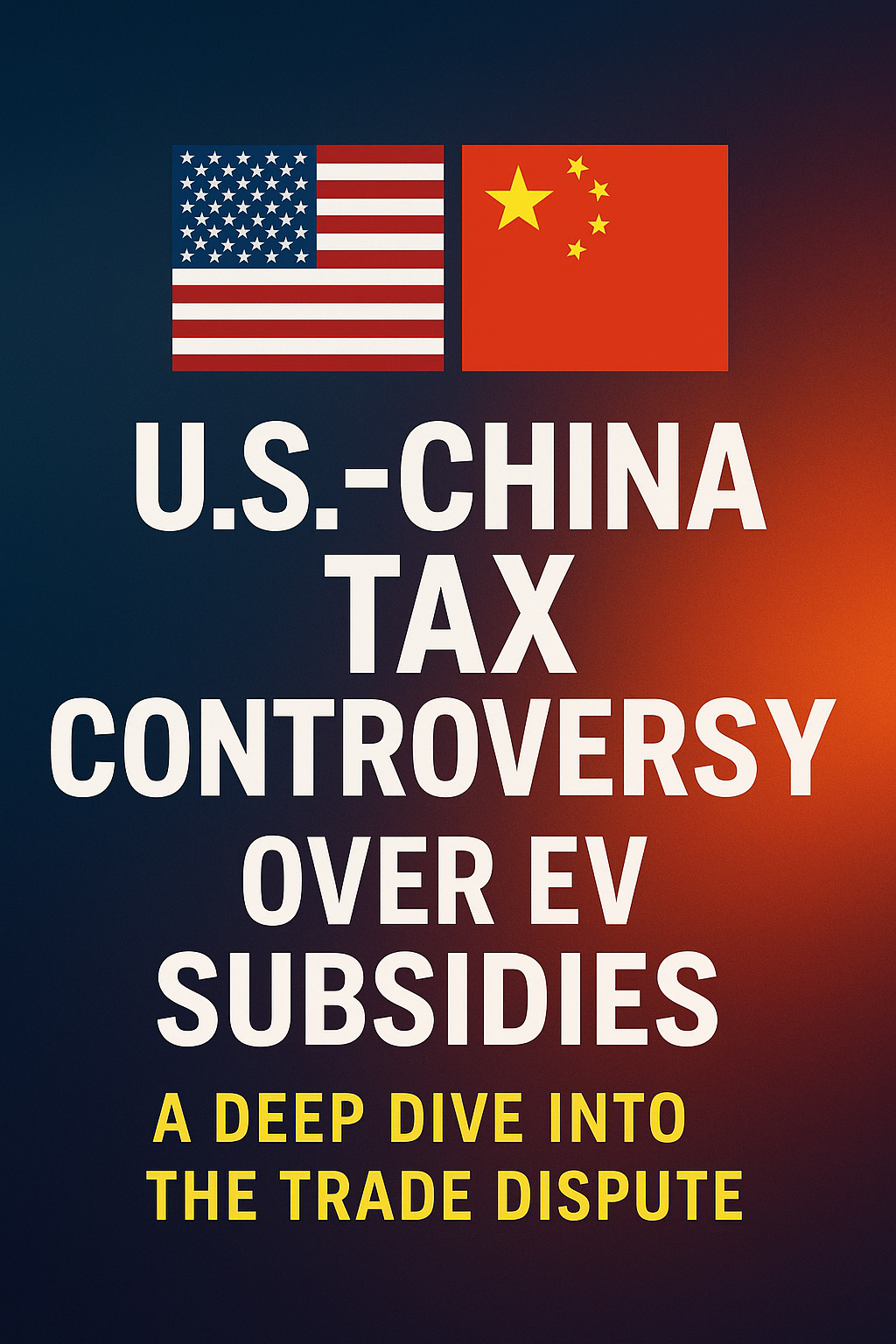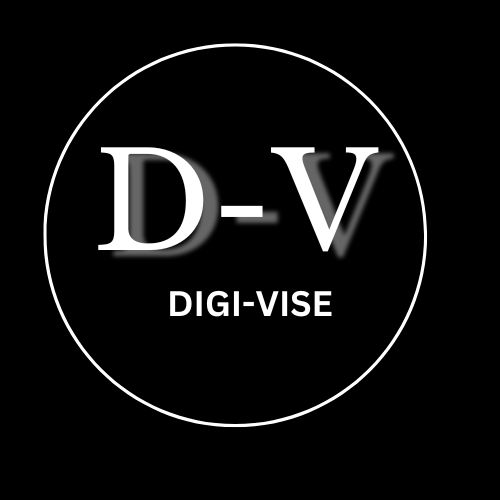Discover how the U.S. Inflation Reduction Act and China’s WTO challenge are shaking up global trade, EV markets, and green energy policy in 2025.
🌍 Introduction
The ongoing U.S.-China tax controversy has once again taken center stage, this time revolving around electric vehicle (EV) subsidies under the U.S. Inflation Reduction Act (IRA). As global powers strive for clean energy leadership, policy moves are colliding with international trade agreements—pushing tensions to new heights.
In 2025, China formally challenged the U.S. at the World Trade Organization (WTO), claiming discrimination and unfair practices over EV tax credits and tariffs. This blog breaks down the latest updates, the economic stakes, and what this dispute means for global trade and the EV industry.

📌 What Sparked the U.S.-China EV Tax Dispute?
At the heart of the controversy lies the U.S. Inflation Reduction Act, a $370 billion climate and energy bill passed to accelerate domestic manufacturing and renewable energy initiatives.
A key provision offers tax credits for electric vehicles, but only if:
- They are assembled in North America
- They use battery materials not sourced from “foreign entities of concern” (including China, Russia, North Korea, and Iran)
This excludes Chinese EVs and battery manufacturers from the U.S. incentives—impacting billions in trade.
⚠️ China’s Complaint:
In early 2024, China filed a formal complaint with the WTO, alleging that:
- The IRA’s tax credits are discriminatory
- They create unfair trade barriers
- The act violates WTO rules by favoring domestic and allied nations
⚖️ WTO Dispute: The Legal Battle
After failed consultations, China escalated the dispute in July 2024, requesting a WTO expert panel to review the IRA measures.
However, the WTO’s Appellate Body remains defunct since 2019, due to the U.S. blocking judge appointments. This means even if China wins the case, enforcement remains unclear.
🗨️ Key Quote (Reuters):
“China believes the U.S. subsidies distort fair competition and undermine global clean energy cooperation.”
🇺🇸 U.S. Response: Protecting Domestic Industry
The U.S. has doubled down, stating the IRA is essential for:
- Decarbonizing the power sector
- Reducing reliance on Chinese manufacturing
- Creating American jobs in the EV and battery industry
In addition, the U.S. imposed hefty tariffs on Chinese clean energy products in 2025:
- 🔋 100% on Chinese electric vehicles
- ☀️ 50% on solar panels
- 🔌 25% on lithium-ion batteries
These moves are aimed at curbing what the U.S. describes as China’s overproduction and dumping of subsidized goods.
🌐 Global Implications
This U.S.-China tax controversy could set the tone for future global trade and climate strategies.
📈 Economic Impact:
- China’s EV companies like BYD and Nio may face massive export losses.
- U.S. automakers and battery firms could benefit from reduced competition and new investments.
🌱 Climate Consequences:
- Tensions could hinder global cooperation on emissions targets.
- Developing nations relying on affordable Chinese solar and EV technology may face price hikes.
🌍 Global Trade Tensions:
- The European Union, South Korea, and other nations have raised concerns about IRA-style policies.
- Some are considering similar protectionist measures—risking a green energy trade war.
🧠 Expert Opinions
💬 Global Trade Analyst, Alicia Garcia-Herrero:
“The clash between industrial policy and free trade norms will define the next decade of clean energy development.”
💬 WTO Spokesperson:
“The increasing use of subsidies in green industries underscores the need for updated global trade frameworks.”
🔮 What’s Next?
- A WTO ruling could take 12–18 months, with no guaranteed enforcement.
- If tensions escalate, we may see retaliatory tariffs, restricted tech transfers, or diplomatic strain.
- The U.S. 2026 elections could influence how future administrations handle trade and climate policy.
✅ Conclusion: A Crossroads for Trade and Climate
The U.S.-China EV subsidy controversy highlights a complex challenge: How do nations promote clean energy while respecting global trade rules? As this dispute unfolds, its outcome could redefine the future of electric mobility, supply chains, and international relations.
For now, businesses, policymakers, and consumers alike must navigate the uncertain waters of climate action vs. trade compliance—where every decision has far-reaching impact.





Add comment